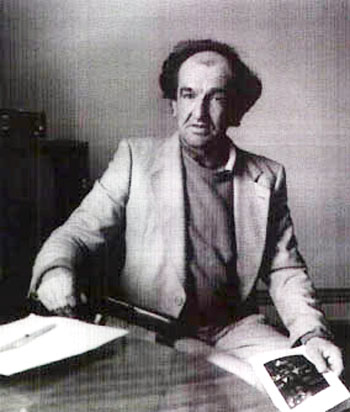Extract from SILENT CONVERSATIONS: A READER’S LIFE
I had purchased three of John Wieners’ books by 1970, when I was twenty-eight. I can’t remember who recommended him to me. Lee Harwood? Paul Buck? Not Jeremy Reed, whom I didn’t know yet. One possibility is that I found them in New York, in the Eighth Street Bookshop or Gotham Book Mart. My hands are slightly trembling as I dip into The Hotel Wentley Poems, Ace of Pentacles and Nerves. Like Lepke in the Lowell poem, I feel as though I “am hanging… in [my] air of lost connections”, but I shall now make an effort to recover the connections. Noting Wieners’ words in ‘A Poem for Vipers’ in The Hotel Wentley Poems (“…The poem / does not lie to us. We lie under / its law, alive in the glamour of this hour / able to enter into the sacred places / of his [Jimmy the pusher’s] dark people…”), I suspect and even dimly recall that what grabbed me long ago in that book were — seemingly belying the dramas — the understatement, the modesty, yet the authority, of his impeccable phrasing within and across the line, the low-key composition by breath and quantity, although accent and stress are everywhere in the often achingly lyrical Ace of Pentacles, for example this complete poem, ‘Two Years Later’:
The hollow eyes of shock remain
Electric sockets burnt out in the skull.
The beauty of men never disappears
But drives a blue car through the stars.
The poet’s subject matter regularly involves strong stuff about gay and straight lovers, the drug scene, physical and mental illness, violence, stuff which is sometimes mediated via art, visual art. It is not all darkness: there is illumination from dream, from dance: “The time is gone. / The dance goes on”. The poet, who died in 2002, was a hyper-romantic (a Knight on Black Mountain, like his friend and older colleague, Robert Duncan), and had evidently experienced that tradition from Keats through Baudelaire to The Great Gatsby (Morgana La Fay in Nerves bumps into Scott Fitzgerald and Lester Young) and Tennessee Williams, while remaining utterly in his time and milieu, a poet of Boston and New York (and briefly San Francisco) at home in the jazz scene, with all its connotations and associations. The poet Fanny Howe, in her introduction to the The Journal of John Wieners: 707 Scott Street (written in 1958-1959 at the time of Hotel Wentley but only published in 1996), writes that the poet is a witness of the dispossessed: “John’s poetry… narrows the gap between longing and calling”. On July 17th 1958, Wieners writes in verse lines: “I can count on countless years before me with no food in my stomach / writing out history in some dark room, doing my bit towards creating / a new structure / from love”. On August 6th: “And if I cannot speak in poetry, it is because poetry is reality to me, and not the poetry we read, but find revealed in the estates of being around us”. August 13th: “I will use the distractions of this world, and erect a structure of them that will be of the poem”.
The distractions of this world, the estates of being around him, these were not my own distractions or estates. Yet, but reading him long ago in my late twenties, in the glory days of discovery of a version of one’s own self that one could live with and by, mediated through a reading of the self of others, in this instance that of Wieners and of those he witnessed, I know that that this was one of the routes – during a crucial phase for me, what with the Prague Spring, the Paris May events and, a year earlier, the Six Day War — that would, dare I say, lead me into a serious adulthood, where I would acknowledge fully the long process of self-transcendence involved in facing the aspects of darkness and horror in personal and political worlds that it was one’s duty as a human being and citizen and writer to combat. Perhaps I glamorised Wieners’ estates of being, perhaps I obtained a vicarious thrill, but really it was amazement that this was what real life was like elsewhere. By the time I read Nerves, I knew he had no illusions, as ‘Supplication’ makes clear: “Return me to the men who teach / and above all, cure the / hurts of wanting the impossible / through this suspended vacuum”. [Coda: Patrricia Scanlan’s Artery Press has just published a handsome book: Strictly Illegal, uncollected poems of Wieners, selected by his passionate devotee, Jeremy Reed].
(SEAGULL BOOKS, SEPTEMBER 2012, forthcoming)
Anthony Rudolf


This evocative piece inspired my soul as I ate breakfast.
Comment by julie on 22 April, 2012 at 12:23 pmCould we have more please, and of the hyper-romantic himself?